Wisdom teeth removal is a routine dental operation to treat pain and guard against future oral health problems. The third molars, also called wisdom teeth, are extracted during the wisdom tooth removal procedure. These teeth typically erupt in late adolescence or the early years of adulthood.
What Are The Methods Of Wisdom Tooth Extraction?
The different methods and approaches are as follows:
Simple Extraction
A straightforward extraction is usually carried out when the wisdom tooth fully erupts and is noticeable above the gumline. In this simple process, the dentist or oral surgeon carefully loosens and extracts the tooth from its socket using specialized equipment like an elevator and forceps. Typically, local anesthetic is used to numb the area and make the patient comfortable.
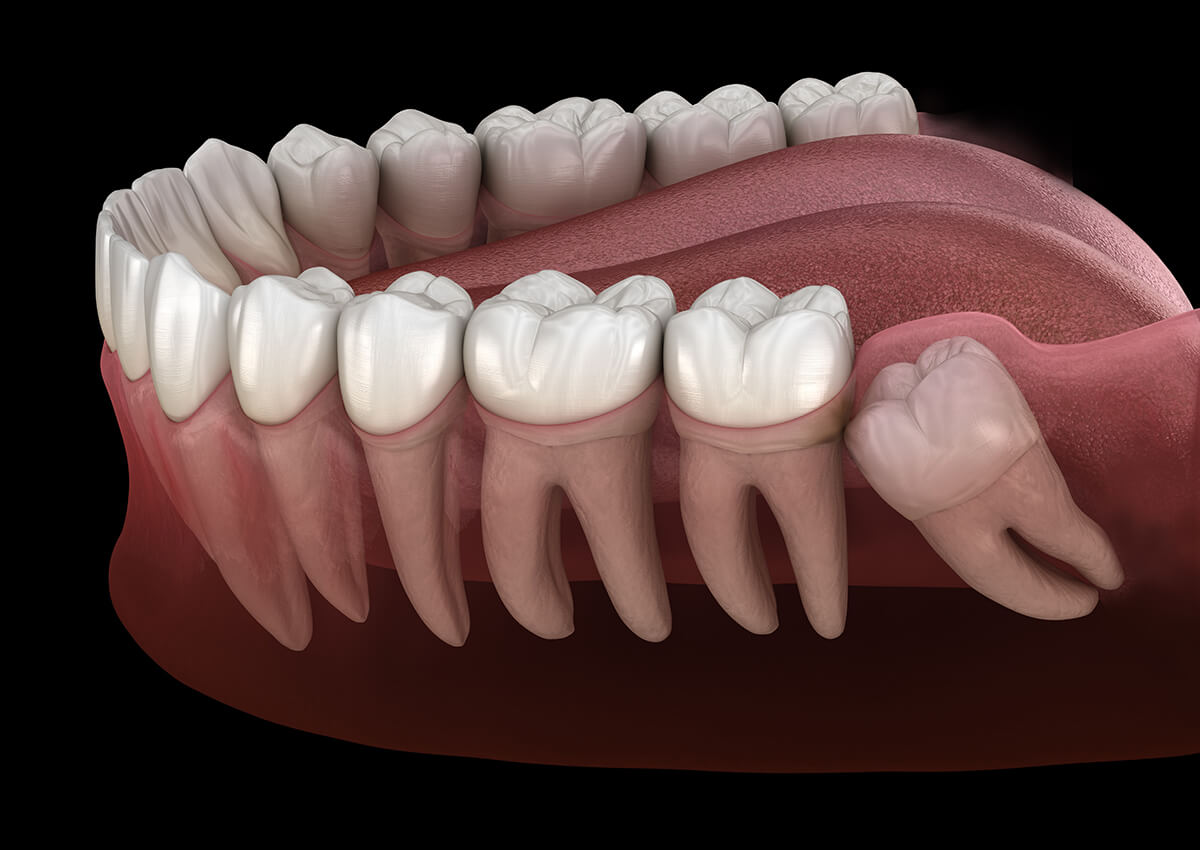
Surgical Extraction
When the wisdom tooth is partially or entirely impacted, meaning it has not fully emerged from the gum line or is developing at an angle, surgery is required to remove it. A minor incision in the gum tissue is needed for this more difficult surgery to reach the tooth. Removing a small part of the tooth's supporting bone may occasionally be necessary. Local anesthetic is frequently used during surgical extractions. However, patients who are anxious or who need a more involved wisdom tooth extraction surgery can also choose to have additional sedation.
Soft Tissue Impaction Elimination
A soft tissue impaction removal procedure may be used when a wisdom tooth is slightly impacted, and only the gum tissue is covering it. The oral surgeon with a wisdom tooth removal cost makes a small incision in the gum tissue to expose the tooth and gently remove the tissue impeding its eruption. To aid in appropriate healing, the incision is next sutured.
Removal Of Partially Impacted Bone
A partial bony impaction removal procedure is utilized when the wisdom tooth is impacted and covered by both gum tissue and a section of the jawbone. In this surgery, a little part of the bone impeding the tooth's eruption is removed through an incision made in the gum tissue. Utilizing specialist tools, the remaining procedure of emergency tooth extraction is performed, and the wound is sutured to promote healing.
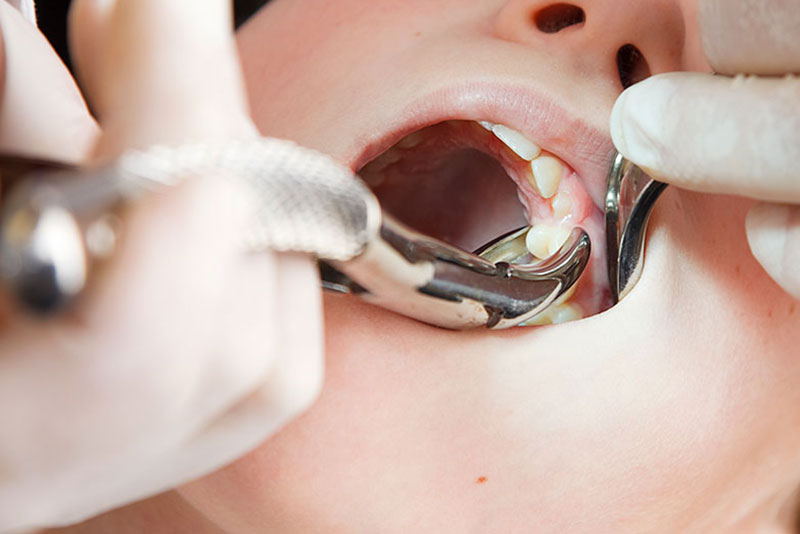
Complete Bony Impaction Removal
When a wisdom tooth is seriously impacted and wholly enclosed within the jawbone, a complete bony impaction removal procedure is used to remove it. To access and extract the tooth, this more complicated treatment may call for a bigger incision in the gum tissue and removing a sizeable chunk of bone. The incision is sealed with sutures, which aids in healthy healing.
In Conclusion
Wisdom tooth removal is a common dental operation that seeks to reduce discomfort, avoid complications, and preserve oral health. The method used to remove wisdom teeth varies depending on the tooth's position, whether it has erupted, and how difficult the extraction is. Speaking with a knowledgeable dentist or oral surgeon is crucial to choose the best method for your unique situation. Before this popular dental surgery, you can be well-prepared and informed by understanding the various methods of wisdom teeth extraction.
A tooth extraction can be essential for various reasons, but two are tooth decay and severe damage. Tooth extraction or removal is a dental process. In contrast, the tooth is entirely prevented from the tooth’s socket, and some individuals generally call this process pulling a tooth.
Some emergency dentist and healthcare providers at dental extraction near me suggest securing natural teeth if you carry dental injuries like tooth luxation, severe gum disease, crowded teeth, impacted teeth, fractured teeth, or painful cavities.
Your tooth removal process will be surgical or easy depending upon the tooth which is impacted or visible.
Surgical extraction- You would probably carry local intravenous and anesthesia, making you relaxed and calm. You can also receive general anesthesia, depending on any medical situation. You will stay uncomfortable during the process with simple anesthesia.

Easy extraction- You would likely find a common anesthetic, which is senseless in the place near your tooth. That’s why you’ll experience only stress, not irritation or pain, during the process. The doctor or dentist will use a lift to un-tight the tooth and sticks to extract it.
The standard dental surgeon or dentist will break your gum with a small cutter. They can require you to avoid bone near your teeth or break your tooth previously it can be removed.
What are the risks involved during the tooth extraction?
There are some risks associated with undergoing dental tooth extraction. However, your dentist will suggest a process which includes the benefits but probably a slight chance of complexities. Generally, after tooth extraction, a blood knot is generated in the socket.
A socket is a space in the jawbone when the tooth is removed. If the blood cluster doesn’t dislodge or form, the jawbone in the socket may be cleared and is mainly described as a dry socket. If this occurs, you should visit an emergency tooth extraction near me, so the healthcare provider will secure the place by dressing on it, and it will continue for some days. At this time, a new cluster will generate.
Some various risks include:
- redness and swelling at the surgical site
- shortness and chest pain of breath
- cough
- vomiting or nausea
- signalling, chills and severe fever and infection
- bleeding that exists for more than 12 hours
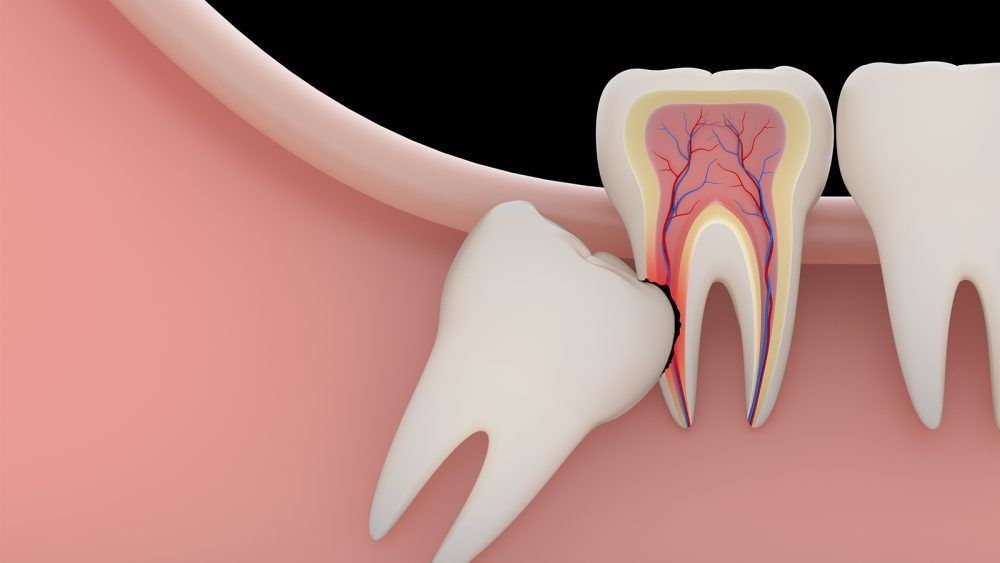
What is the restoration period for tooth removal?
It generally takes some days to restore after the extraction of the wisdom tooth. And for wisdom tooth pain relief, some steps will help and guarantee your restoration will go streamlined.
- You may reintroduce new foods and meals into your daily routine as you will heal for the next few days.
- Add salt with a measurement of half-teaspoon to 30 millilitres of warm water to rinse your mouth after 24 hours.
- Eat soft meals like applesauce, pudding, and yogurt.
- Brush your teeth like always, but remember to avoid the removal side.
- And dont rinse for a day after tooth removal and split slowly.
Conclusion
The most popular and general dental process is tooth extraction which may terminate infection and bacteria and improves overall dental health. If you have some doubts about dentures cost, then you can also contact the nearest dentist.
Article Source : https://www.gohealthtips.com/what-is-the-process-of-tooth-extraction/
Wisdom teeth are the third molars or the last set of teeth located at the end of the teeth in growth from 17 to 25 of age. Various individuals must have their third molar teeth removed to decrease health problems like infection or pain. Sometimes, these teeth grow appropriately and do not create any issues. Still, eventually, they become wholly or partially impacted in your jawbone or gums. This may result in dental health problems like gum disease, cavities, and infection. This is why various doctors, dentists, and healthcare providers suggest having a wisdom tooth extraction.
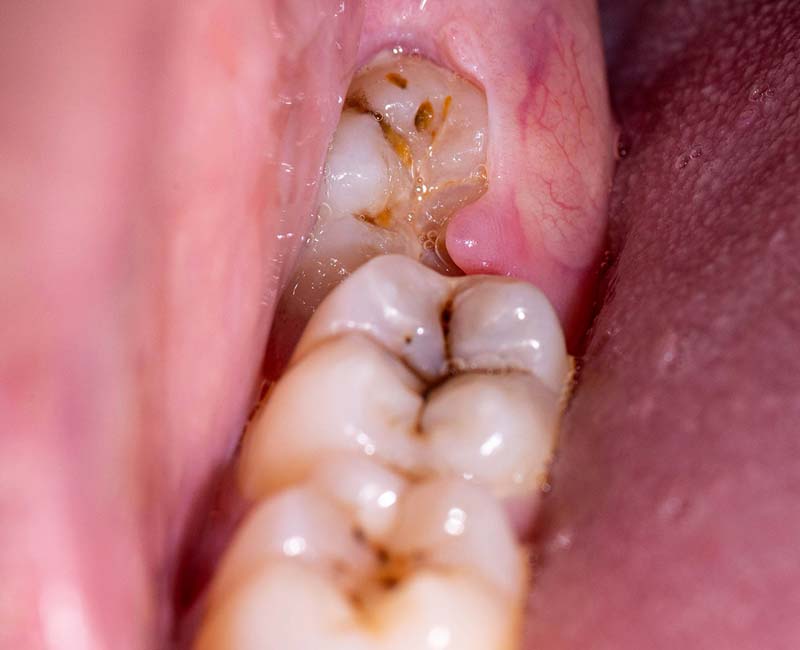
What can impact wisdom teeth?
Partially grown or affected wisdom teeth may create various dental health issues. It is essential to understand dental health therapies if the impacted wisdom teeth may develop problems such as:
- Improper position of wisdom teeth may cause envelopment of small food elements, resulting in the growth of bacteria. This issue may also lead to toughness in flossing among the adjacent tooth and wisdom tooth, which causes problems like the threat of teeth caries and periodontal issues.
- Partially grown third molars teeth can permit bacteria and infection to go via the wisdom tooth pain symptoms like gums, increasing the chances for irritation, swelling, and disease. Impacted persons may face the challenges such as restriction of opening the mouth or jaws stiffness.
- Affected third molars carry space in the oral span, which can cause teeth crowding. Teeth crowding can impact the overall performance and result in a bent tooth look.
- Affected third molar teeth increase the opportunity for the formation of the cyst. It may tear the adjacent teeth roots and bones, helping the teeth.
When is wisdom tooth extraction needed?
It is essential to know a dental expert if the third molar teeth are causing issues in the dental cavity. These teeth can need extraction from various types of symptoms and signs.
-
Wisdom tooth pain is increasing in the surrounding area.
- Infection and bacteria in the gums and bones nearby the tooth.
- Tumours and cysts are developing because of the affected tooth.
- Caries may appear on the partially grown adjacent teeth or wisdom teeth.
- Infection, inflammation of the gum, pockets, and other periodontal dental health problems may arise.
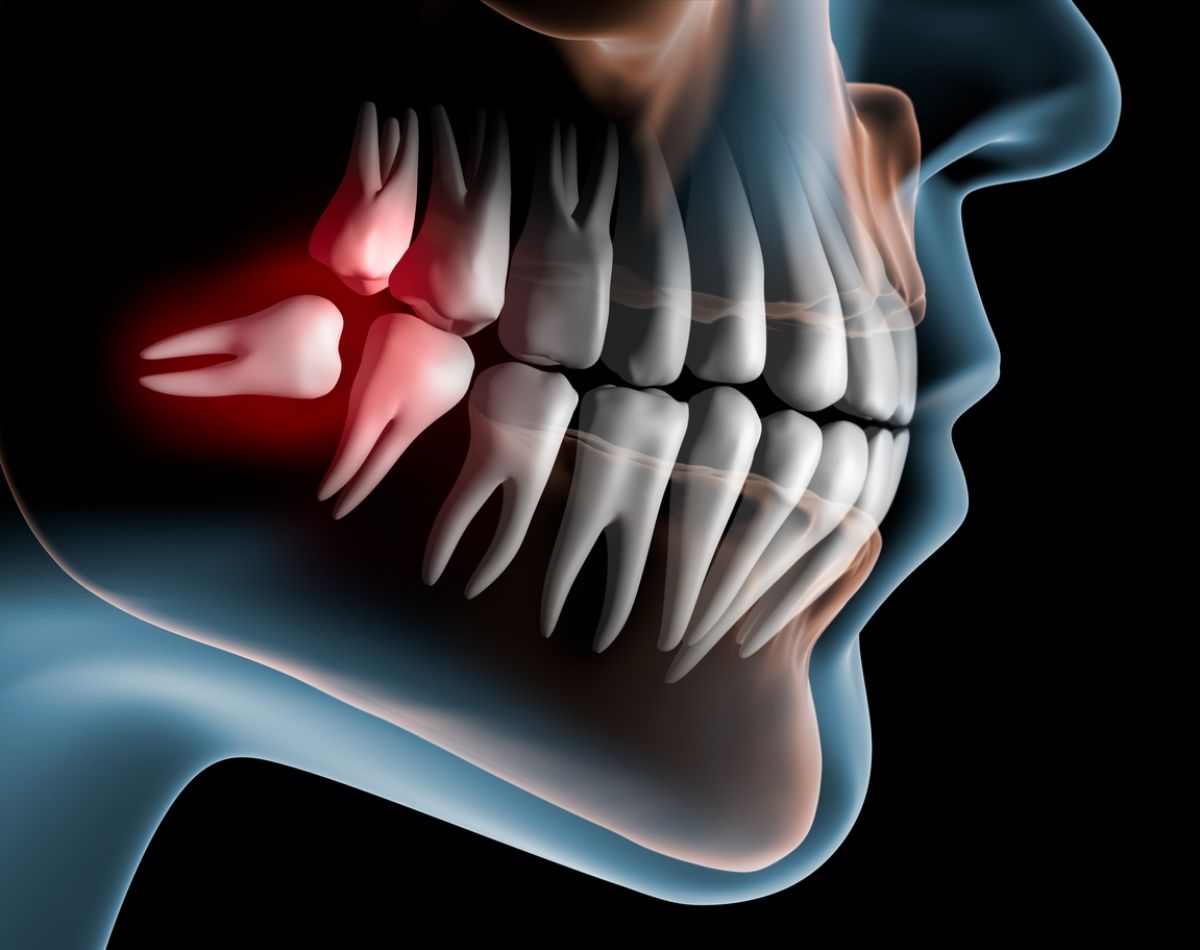
The third molar teeth may need extraction at the wisdom tooth removal near me. These teeth use space in the oral span, which makes minimum space for another tooth. After the wisdom teeth extraction, a dentist implements braces to another tooth which permits the appropriate placing of the mis-angled tooth.
Conclusion
Wisdom teeth, which are also called the third molars teeth. An orthodontist requires you to be advised and consulted if you are experiencing a toothache, a swollen face, or toughness in chewing and opening the mouth completely. However, only some have third molars teeth. There are several reasons for the non-grow of the third molar teeth, but remember that if you have teeth ultimately affected in your jawbone or gums, you should visit an emergency dentist near me.
Article Source : https://www.healthymindz.com/what-are-wisdom-teeth/





